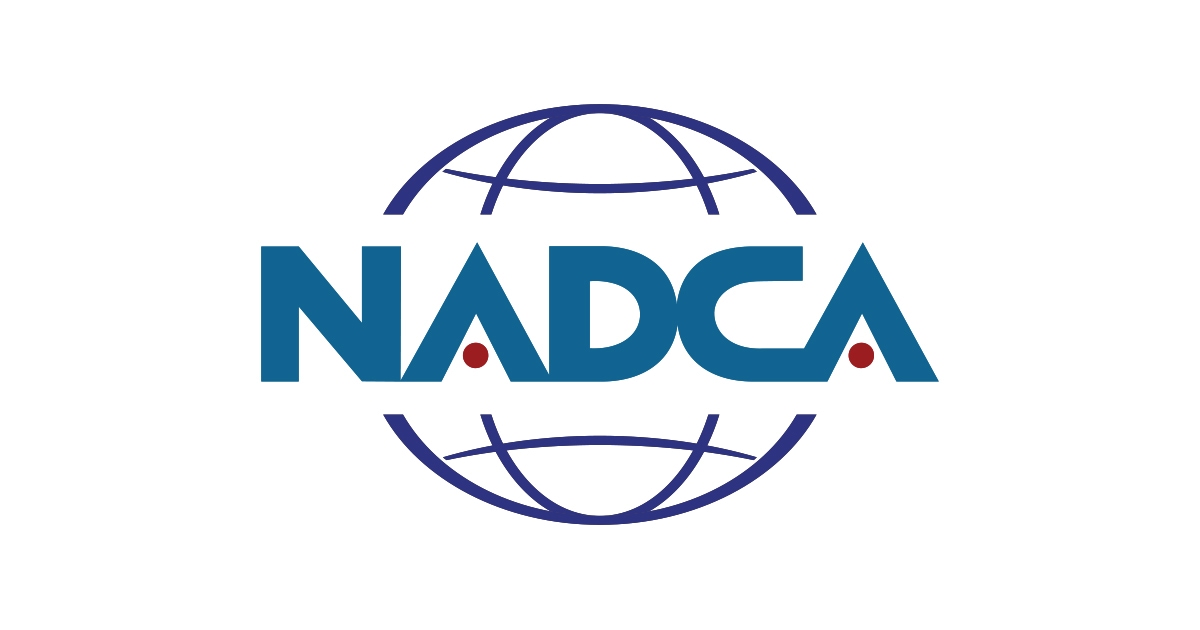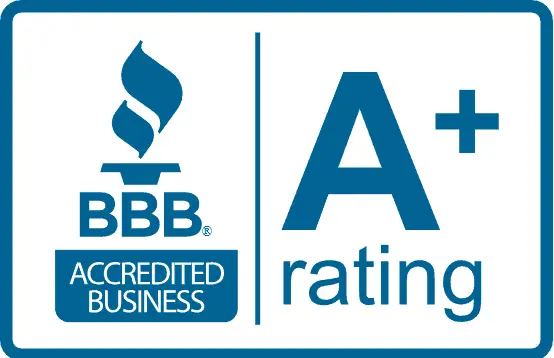Absolutely. For property managers overseeing apartment complexes, condos, senior living facilities, or commercial buildings with on-site laundry, annual dryer vent cleaning is not just necessary—it’s critical. Over time, lint, dust, and debris build up inside dryer vents, creating serious fire hazards and performance issues. Without regular maintenance, this buildup can block airflow, cause machines to overheat, extend drying times, and spike energy bills.
An annual cleaning program helps property managers stay proactive. It ensures all dryer systems remain efficient, reduces maintenance calls, lowers utility costs, and—most importantly—keeps tenants and buildings safe from fire hazards. In many municipalities, annual dryer vent cleaning is not just recommended; it’s a code compliance requirement for multi-unit dwellings.
Regular service also protects property investments. Clogged vents force dryers to work harder, which increases wear and tear and shortens the lifespan of expensive equipment. Professional technicians use specialized tools to thoroughly clear vent lines—even those that run through multiple units or long vertical shafts—ensuring that each dryer functions properly and safely.
For property managers aiming to reduce liability, meet insurance or fire code standards, and improve tenant satisfaction, annual dryer vent cleaning isn’t optional—it’s a smart, preventative maintenance step that pays off in both safety and savings.

Annual cleaning removes hazardous lint buildup, ensures compliance with fire codes, reduces utility costs, and extends the life of dryers. It’s a key preventative maintenance step for safety and efficiency.
Any property with dryers should schedule regular cleanings—this includes apartment buildings, condos, senior housing, student dorms, hotels, and commercial laundromats.
No. Professional cleaners coordinate with property managers to schedule access and minimize disruption. In many cases, each unit takes only 20–30 minutes to service.
Yes. Annual dryer vent cleaning often fulfills local fire code requirements and insurance policy conditions. Property managers receive documentation for their records.
Longer drying times, dryers overheating, musty smells, visible lint outside vent covers, and increased tenant complaints are all red flags that service is urgently needed.






